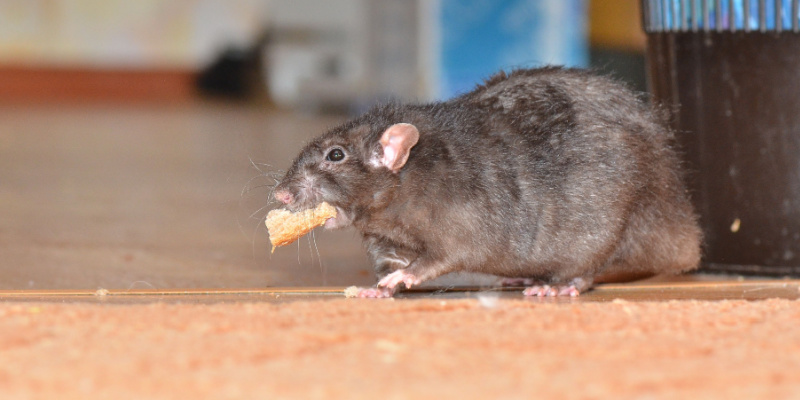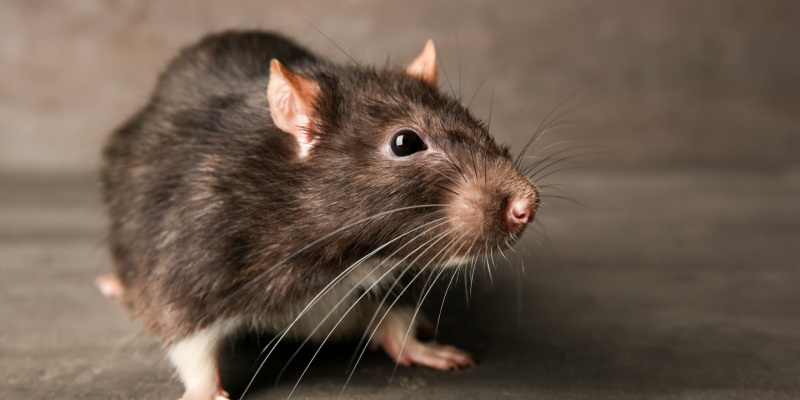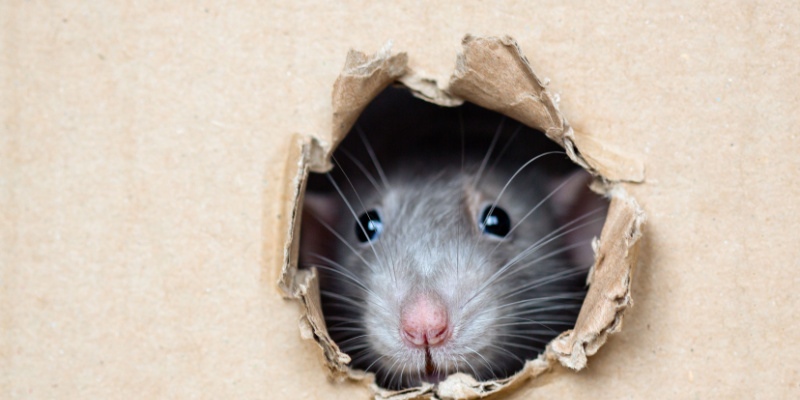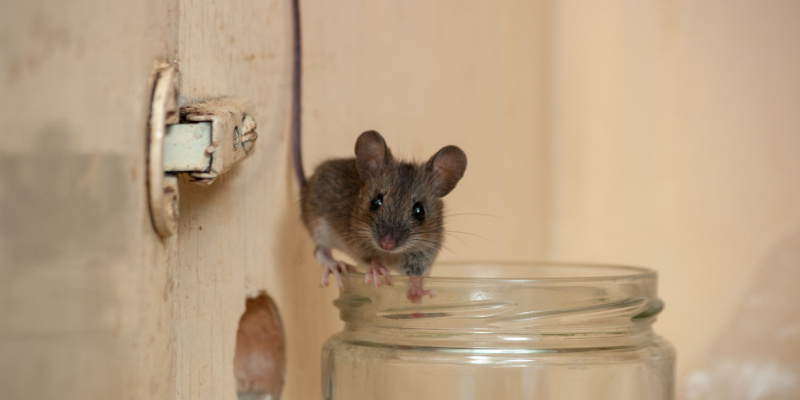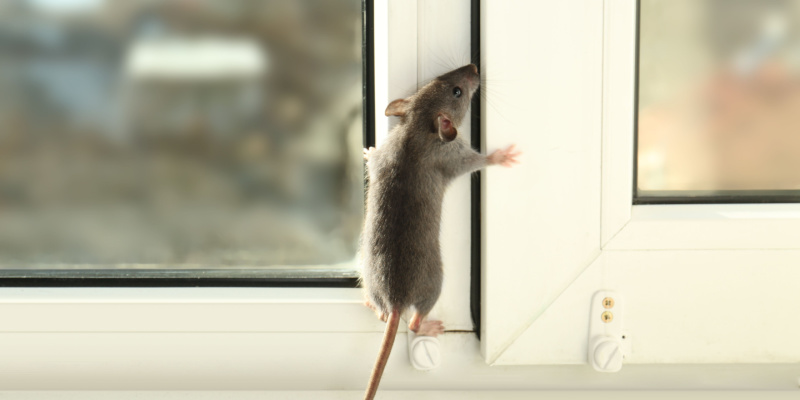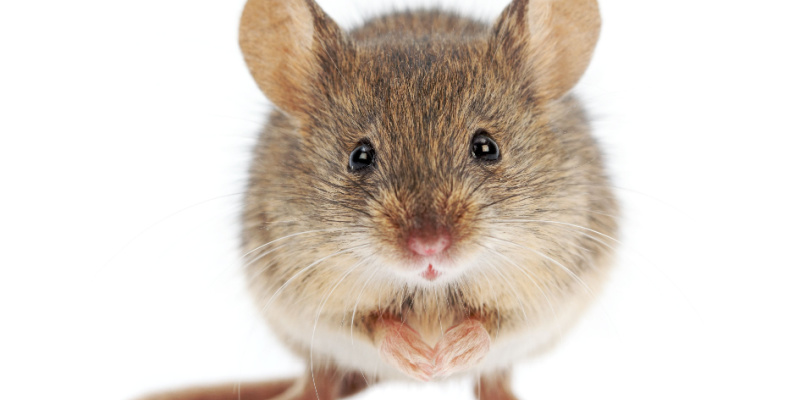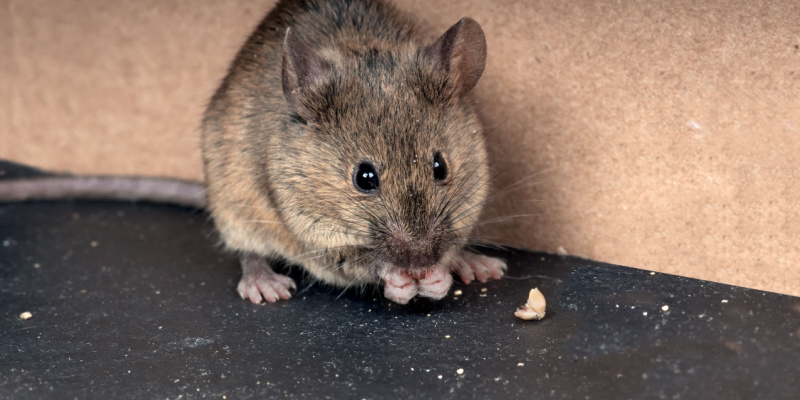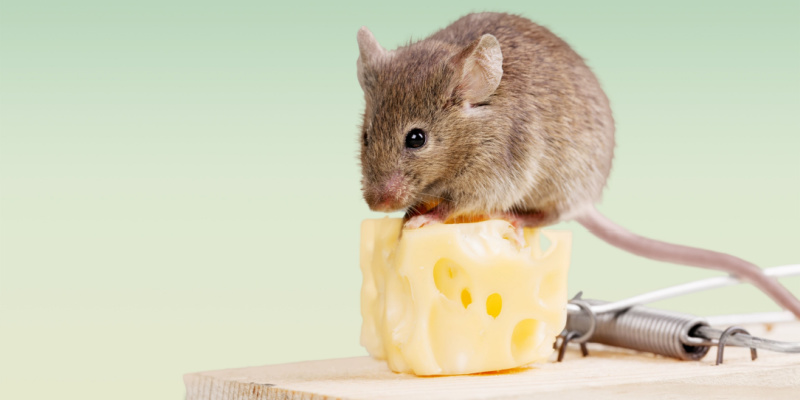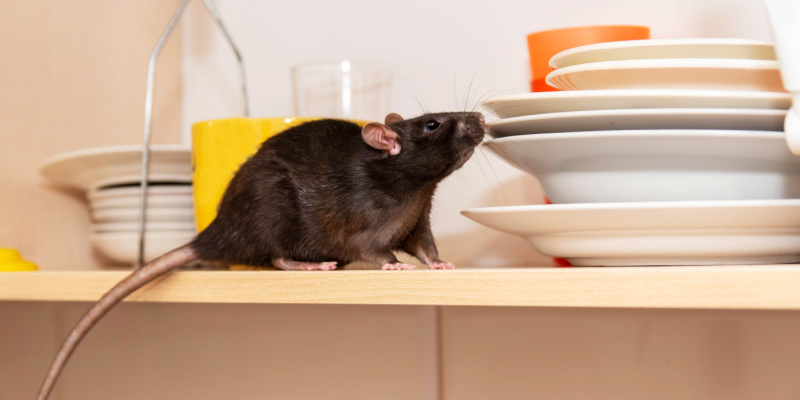Spotting a rat in your home can be both startling and distressing. These uninvited guests not only bring unease but also pose health and property risks. If you’re an Indianapolis homeowner who’s just seen a rat scurrying about, take a deep breath. Here’s a step-by-step guide on what to do next.
1. Stay Calm
It’s natural to feel alarmed, but panic won’t help. Remember, one rat doesn’t necessarily mean an infestation, though it’s essential to address the issue promptly.
2. Prioritize Safety
Rats can bite or scratch if they feel cornered, and they can carry diseases. It’s essential to:
- Keep pets and children away from the area where the rat was spotted.
- Wear gloves if you need to handle anything the rat might have touched.
3. Identify the Rat’s Entry Point
To prevent further intrusions:
- Inspect your home for gaps, holes, or cracks. Pay special attention to areas near pipes, vents, windows, and doors.
- Look for signs like droppings, gnaw marks, or grease trails; these can give clues about their pathways.
4. Remove Attractants
Rats enter homes in search of food, water, and shelter:
- Ensure all food items, including pet food, are stored in airtight containers.
- Address any water leaks and ensure trash is in closed bins.
- Clear clutter, especially in secluded areas like basements, attics, or garages, where rats might nest.
5. Set Up Traps
If you’re sure there’s a rat, consider setting up traps. There are various types available:
- Snap Traps: Effective for catching the occasional intruder.
- Live Catch Traps: Allows for humane relocation of the rodent.
- Glue Traps: Less humane and can be distressing, as they immobilize the rat until it’s removed.
Always follow the manufacturer’s instructions and place traps near walls, as rats typically run along edges.
6. Check for More Signs
One rat might be a stray, but it’s crucial to ensure there aren’t more:
- Listen for scratching or scurrying sounds, especially during quieter times like night.
- Look out for fresh droppings or signs of gnawing.
7. Clean Thoroughly
After ensuring the rat is gone:
- Clean and disinfect the areas where the rat was spotted.
- Vacuum your home, but be sure to empty the vacuum contents into a sealed bag immediately.
- Wash your hands and any clothing that might have come into contact with contaminated areas.
8. Consider Prevention Measures
Once the immediate issue is addressed, think long-term:
- Seal off potential entry points using steel wool, caulk, or metal flashing.
- Trim overgrown vegetation around your home.
- Keep your home clean and regularly inspect for signs of rodent activity.
9. Seek Professional Help
If you’re unsure about the extent of your rat problem or feel overwhelmed:
- Consult an Expert: Indianapolis has reputable pest control companies that can offer a thorough home evaluation.
- Professional Solutions: If an infestation is detected, experts can provide efficient and effective solutions tailored to your situation.
- Preventive Measures: Beyond immediate rat control, professionals can offer guidance on long-term preventive strategies.
10. Stay Informed
Knowledge is power. Learn about rats, their habits, and why they might be attracted to homes. The more you know, the better equipped you’ll be to prevent future issues.
While spotting a rat in your home is certainly unnerving, it’s a situation that can be managed and resolved. Indianapolis homeowners should remember that swift action, combined with preventive measures, can ensure your home remains a rat-free sanctuary. And, if ever in doubt, don’t hesitate to reach out to local pest control experts. Their experience and expertise can guide you through the process and offer peace of mind.
